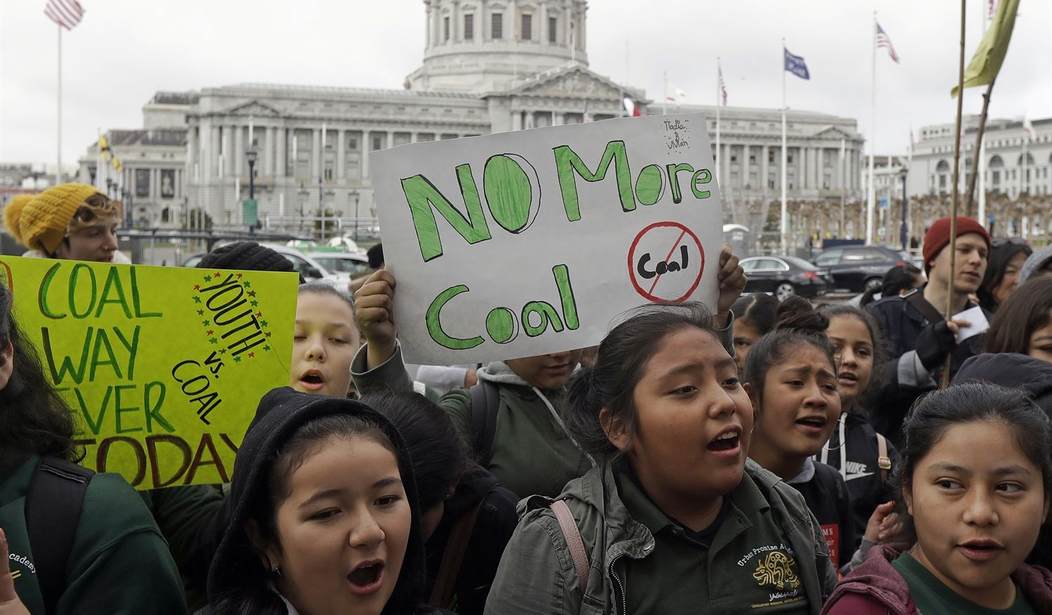The New York Times pointed out that there were as many commercials for electric vehicles during Super Bowl LIV as there had been between 2011 and 2019 combined. GM teased the upcoming GMC Hummer EV, Audi promoted its e-Tron Sportback, and Porsche showed off its new Taycan.
While these commercials highlighted the new vehicles getting ready to hit the road, they did not acknowledge a much less flashy but still critically important issue: transitioning to this greener future will require charging infrastructure that can fuel the nation as effectively as gas stations currently do. And as a nation we are nowhere close to being prepared to meet that need.
While there are many ways to meet the needs for the future of electric vehicle (EV) usage, we are seeing large utility companies propose raising rates on all their electric customers - regardless of whether they own an EV - to pay for building charging stations.
Using their considerable political power, utilities are acting quickly to corner the EV charging market by asking state and local utility commissions for permission to raise rates. And in states like California, utilities have been approved to raise their rates by millions of dollars.
While elected officials who support utility companies in this effort have the goal of increasing accessibility to charging stations, they are actually stifling competition and the end result will be fewer total charging stations.
Who would compete in a market with private funds if other companies can fund their projects on the backs of people forced to use their products? Without private investment, progress towards EV adoption will be hampered.
Allowing utility companies to raise rates on all electric customers to build charging stations is also morally troubling.
Recommended
If you don’t own an EV, you’ll pay more for your electricity so someone else can charge their car. In essence, it is requiring poor families, for whom owning an electric car is perhaps an unattainable dream, to pay more so that middle- and high-income families can have access to charging infrastructure.
In Virginia, Dominion Energy recently announced its goal of achieving “net zero emissions” by 2050, and its plan to achieve this goal includes “investing in electric-vehicle charging infrastructure.” But what Dominion hasn’t highlighted is that to achieve this 2050 goal, it would have to raise electric bills by 20%.
This is even more indefensible when there are alternatives that provide a much more effective pathway towards developing EV charging infrastructure. And you don’t have to look far for better solutions.
Leading Democrats on the House Energy and Commerce Committee, including Chairman Frank Pallone (D-NJ), Environment and Climate Change Subcommittee Chairman Paul Tonko (D-NY) and Energy Subcommittee Chairman Bobby L. Rush (D-IL), recently introduced The CLEAN Future Act. While this bill is an early draft, it already includes some positive progress that will promote competition in the charging station market, without passing these costs on to unsuspecting utility customers who don’t even own EVs.
The CLEAN Future Act accomplishes this progress by supporting private sector planning and investment in charging networks and encouraging states to not classify private companies that simply provide charging stations as utilities.
In addition, last year, Senator Tom Carper (D-DE) successfully pushed to include $30 billion in grant funding in the bipartisan America's Transportation Infrastructure Act of 2019 to support the creation of charging stations and required that the grant money be used on contracting with private companies for the deployment of publicly accessible EV charging stations. This is because Senator Carper recognized that utilities undercutting private investment would be detrimental to meeting EV infrastructure goals.
And the private sector is moving quickly to fill this obvious need. ChargePoint announced that they are partnering with the National Association of Truck Stop Operators “to build high-speed charging stations at over 4,000 truck stops and travel plazas across the country by 2030.”
Developing infrastructure is critical to the future of EV usage, but we shouldn’t hurt low-income communities in the process. By promoting private sector investment through legislative measures, we can find an answer that best meets this need without undue harm.
























Join the conversation as a VIP Member